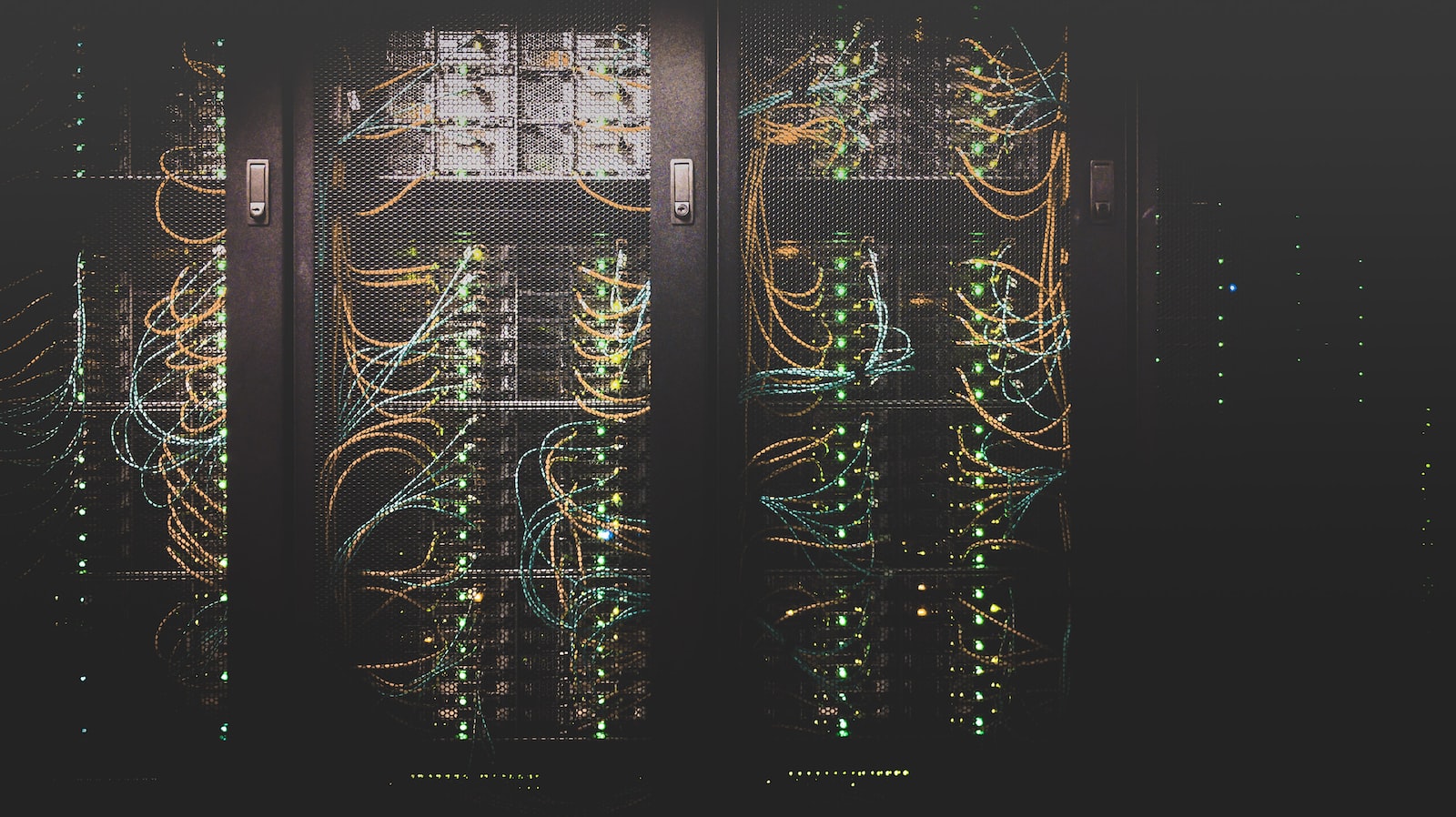Tech Invests Billions in Connectivity and Exciting Content

Europe’s incumbent telecom operators are lobbying for an EU internet traffic tax, claiming that tech companies “do not adequately contribute” to telcos’ networks.
But is that really the case? The evidence paints a much more nuanced picture. Content and application providers (such as Google, Meta and Netflix) are investing massively in network infrastructure in order to serve European users faster, reduce traffic costs, and minimise network load.
Tech’s network investments help carry internet traffic up to 99% of the way to the end user, so that telcos only have to handle the “last mile”. Google’s efforts, for instance, vary from building and operating local data centres in Europe (to host products like YouTube) to deploying entire telecommunication networks that connect different continents and ensure the rapid delivery of content to users.
Indeed, the company has invested in cache services and Points of Presence (POPs), which connect Google’s data centres to local internet service providers (ISPs). Telcos only have to transmit the data from POPs to end users, charging them for the last-mile delivery of traffic.
Similarly, over the last 10 years, Meta has been investing billions in initiatives to improve connectivity. The company’s Marea project is a transatlantic subsea cable that runs from Virginia Beach in the United States to Bilbao in Spain, providing Europe with a tremendous amount of bandwidth. Experts estimate that, besides improving connectivity for Europeans, the cable adds €16.7 billion to Europe’s economy every year (which is almost 0.1% of EU GDP).
Moreover, leading tech firms have also been rolling out dedicated content delivery networks (CDNs). CDNs host copies of content on servers located close to consumers, which in turn reduces costs for telecom operators and helps to minimise network load. Netflix, for instance, has spent over $1 billion on building over 14,000 CDNs in 142 countries since the launch of its Open Connect programme in 2011. In 2020 alone, this investment generated roughly $1.2 billion in savings for ISPs.
When we look at the European Commission’s 2021 EU Industrial R&D Investment Scoreboard, which analyses the top 2,500 global R&D investors, we see that the eight leading tech companies spend €95 billion¹ on infrastructure (CAPEX) annually and invest another €113 billion in R&D to develop innovative services and exciting content. Global CAPEX spending by tech is actually higher than that of Europe’s top 11 telcos.
This makes one wonder: who exactly isn’t adequately contributing to whose investments? Perhaps the answer is that everyone invests and everyone benefits? Telcos benefit from the investments by Facebook, Netflix, Spotify, and YouTube because it is their content and services that drive demand for connectivity. Why pay for a fast internet connection if not for enjoying your favourite show or listening to music during your daily commute?
This also helps explain the many advertisements in which telcos are using streaming services to attract new customers or sell more expensive data plans to existing ones. Telefonica’s CEO said it himself: “surging demand for mobile data is the clear driver for future growth in the business.”
As a recent report by Communications Chambers and an earlier WIK study make very clear, traffic generated by online services is actually a key driver of revenues for European telcos.
Telcos should want more internet traffic, not less of it.
¹ Apple, Google, Meta, Microsoft, Netflix, Spotify and Twitter are part of the European Commission’s data set, numbers for Amazon added by the author.








